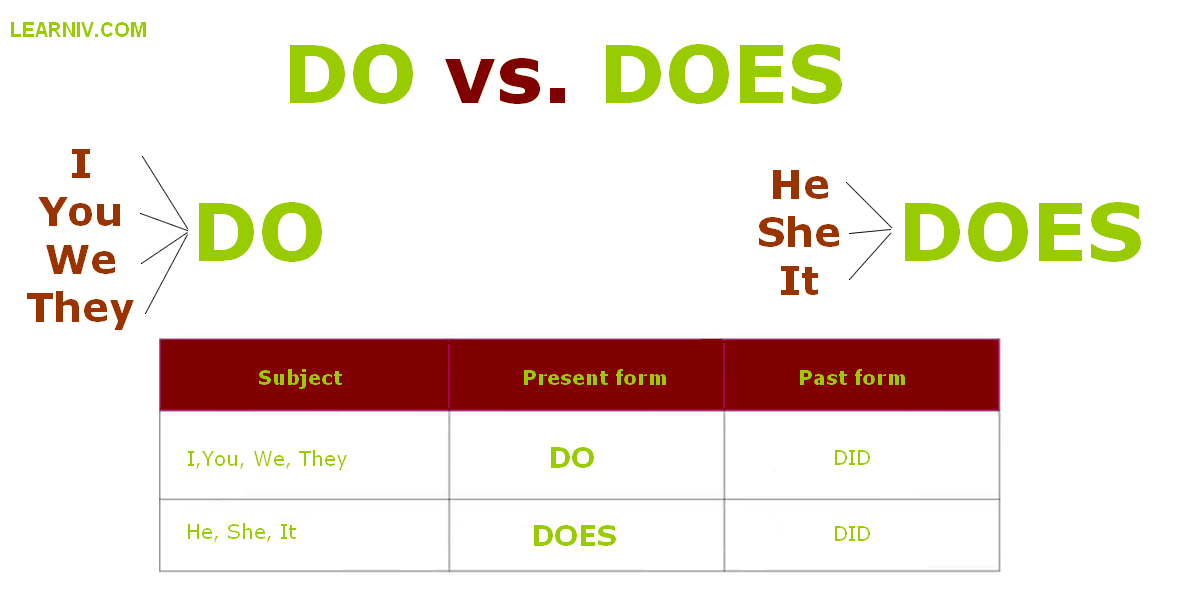How to Access and Navigate Court-Ordered Mental Health Evaluations: Step-by-Step Guidance
Understanding Court-Ordered Mental Health Evaluations
Court-ordered mental health evaluations are formal assessments mandated by a judge due to legal concerns about an individual’s psychological state. These evaluations are common in criminal proceedings, civil disputes, guardianship cases, and child custody matters. The court’s primary aim is to obtain an expert, impartial assessment to guide legal decisions regarding competency, responsibility, or necessary interventions. [2] [5]
When and Why Are These Evaluations Required?
Judges order these assessments when there’s reason to question an individual’s mental health in the context of the law. Key scenarios include:
- Determining if a defendant is competent to stand trial in a criminal case.
- Assessing the psychological impact of trauma or harassment in civil cases.
- Evaluating mental capacity during guardianship or conservatorship hearings.
- Resolving disputes in child custody cases where parental mental health is a concern.
Each situation demands a thorough, objective evaluation performed by a licensed mental health professional. [2]
Where to Go for a Court-Ordered Mental Health Evaluation
The process for obtaining a court-ordered evaluation varies by locality, but several reliable pathways exist:
1. Court-Designated or Approved Providers
Courts often maintain a list of licensed psychologists, psychiatrists, or mental health clinics approved for these evaluations. After the judge’s order, you may be directed to choose a provider from this list or be assigned one automatically. The provider must have the credentials and legal clearance to conduct forensic assessments and report findings to the court. [2]
2. Local Behavioral Health Centers and Hospitals
Many mental health evaluations are conducted at behavioral health centers, public hospitals, or specialized clinics. For example, in some counties, evaluations are performed at designated facilities such as Valleywise Behavioral Health Centers or state hospitals. [3] You can contact your county court’s mental health division for a list of authorized facilities. In Arizona, the Maricopa County Superior Court provides detailed guidance on where these evaluations take place, including key contact numbers for crisis support and scheduling. [3]
3. Private Practice Mental Health Professionals
In some cases, the court may allow you to select a private psychologist or psychiatrist, provided they meet the necessary qualifications for forensic evaluation and are acceptable to the court. Your legal counsel can confirm if this is an option in your jurisdiction and help ensure proper documentation is submitted to the judge.
4. Community and Nonprofit Resources
Some regions offer nonprofit or state-funded assessment services, especially for those with limited financial means. For example, in Connecticut, the 211 information and referral network lists local clinics and centers that conduct court-ordered mental health assessments. [1] To locate these resources, you can use official state 2-1-1 directories or ask your lawyer or case manager for referrals to low-cost or sliding-scale providers.

Source: mavink.com
Step-by-Step: How to Fulfill a Court-Ordered Evaluation
Step 1: Obtain the Court Order A judge will issue a formal order specifying the need for a mental health evaluation. This order will outline requirements, deadlines, and sometimes the type of assessment needed (e.g., competency, risk assessment, substance abuse evaluation).
Step 2: Confirm Approved Providers Contact the court clerk, your attorney, or the court’s mental health division to confirm which evaluators or clinics are authorized to conduct the assessment. If you have flexibility, ask for a list of approved professionals or centers in your area.

Source: medium.com
Step 3: Schedule the Evaluation Call the provider to schedule an appointment. Provide them with a copy of the court order and ask about required documentation, costs, and insurance coverage. If you need financial assistance, inquire about sliding-scale fees or state-funded programs.
Step 4: Attend the Assessment Arrive on time and bring all necessary paperwork. The evaluator will conduct interviews, psychological testing, and possibly gather collateral information from other records or individuals. Be honest and forthcoming, as the results will be shared with the court.
Step 5: Await the Report After the evaluation, the mental health professional will prepare a report summarizing their findings and recommendations. This report is sent directly to the court and, in most cases, to your attorney and other relevant parties.
Step 6: Participate in Follow-Up as Ordered If treatment or further assessment is recommended, the court will issue additional instructions. Compliance is monitored, and non-compliance can result in legal consequences, including additional hearings or changes to your legal status. [5]
What to Expect During the Evaluation
The court-ordered evaluation is a structured process, not a typical therapeutic session. Evaluators use standardized tools and clinical interviews to assess mental health status, capacity, and risk factors. Unlike routine therapy, these assessments are not confidential; findings are shared with the court and may influence legal outcomes. [2]
It is important to understand that you may not have the same privacy protections as standard patients. The evaluator must inform you about the limits of confidentiality and the intended use of their report. Always ask questions if you are unsure about the process or your rights.
Real-World Example
In Maricopa County, Arizona, court-ordered mental health evaluations are conducted at specific behavioral health centers under the oversight of Superior Court judicial officers. After the petition is filed, there is typically a 72-hour evaluation period. Providers determine whether voluntary sign-in, release, or further evaluation is needed. If the court orders treatment, a hearing is scheduled, and a plan is implemented, monitored, and reviewed as required. [3]
Alternative Approaches and Special Circumstances
If you are unable to find a provider through court or hospital referrals, consider the following alternatives:
- Ask your attorney to file a request for an alternative provider if none on the approved list are accessible.
- Contact your state or county department of mental health for a directory of licensed forensic evaluators.
- Search official state 2-1-1 websites or call the United Way helpline for referrals.
For minors or individuals with disabilities, additional accommodations and advocacy may be available through local legal aid organizations or disability rights groups.
Potential Challenges and Solutions
Challenge: Cost and Accessibility If you cannot afford the evaluation, inquire about court-funded or sliding-scale services through county behavioral health departments or nonprofit clinics. [1]
Challenge: Provider Availability In rural areas, you may need to travel to the nearest city or arrange for telehealth evaluations if approved by the court. Ask the court for flexibility regarding provider location or virtual assessments.
Challenge: Understanding the Process If the process or legal terminology is unclear, request clarification from your lawyer, the court, or the provider before proceeding. Many courts also offer informational sessions or online guides explaining what to expect.
Key Takeaways
To complete a court-ordered mental health evaluation, you must:
- Obtain and review the court order for specific instructions
- Contact your local court, attorney, or behavioral health department for approved providers
- Schedule and attend the assessment promptly
- Comply with all follow-up recommendations and legal requirements
If you need additional support, search for state 2-1-1 mental health resources, contact your local department of behavioral health, or ask your attorney for guidance on accessible, approved evaluators in your area.
References
- [1] 211 Connecticut (2025). Mental Health Evaluation Resource Directory.
- [2] Peace Behavioral Health (2025). What is a Court Ordered Mental Health Evaluation?
- [3] Maricopa County Superior Court (2025). Mental Health Department.
- [4] Willapa Behavioral Health (2025). Washington Court Ordered Mental Health Evaluation Service.
- [5] High Focus Centers (2024). What is a Court-Ordered Evaluation?
MORE FROM searchcritic.com













